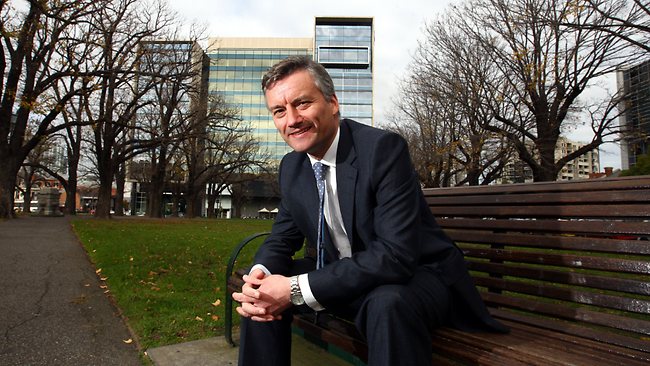Samuel Riggs | Editor
This morning, Provost Patrick Prendergast opened the Irish Universities Association symposium with a speech that focused on the need for an “excellent globally competitive higher education system”, and the need for “students to invest in their own education.” The symposium, which this year focuses on performance and sustainability in 21st century universities, was held in the Royal College of Physicians on Kildare Street, and future sessions will include speakers from the Union of Students in Ireland (USI), the pharmaceutical industry, the OECD and Minister for Education Jan O’Sullivan.
The provost began by stating that he spoke on behalf of the whole third level system in Ireland when he said that each third level institution had a strong model of education, but was critically underfunded. He presented the statistic that Trinity in particular receives 40% less funding than the other universities in the top 100, but continues to perform well, despite little to no investment from the state in the capital infrastructure of the college.
He continued by stressing that improving our score in the QS Rankings by a little bit was no longer enough, in order to compete with universities in the Asia-Pacific region. One of the factors highlighted in particular was Irish universities continuing to slip down the world university rankings due to staff/student ratios in classes. Currently, this stands at 1/19.5 staff/students in 2014, as compared to 1/15 in 2007. The provost compared this to the top-ranking universities in the top 100, where the ideal ratio is 1/11.5. The provost noted that in terms of funding, Irish universities simply “can’t compete”.
Continuing by addressing financing and fees, the provost stated the main sources of funding came from research, state investment (about half in the case of Trinity), and philanthropy. He stated that Irish universities had displayed great resilience in the past few years, continuing to improve despite funding cuts and financially difficult times.
He highlighted that the seven main characteristics that made Irish universities successful were:
- Their diversity.
- The competitive market.
- Collaborative efforts between Irish universities.
- A focus on both research and educational excellence.
- Academic freedom of expression.
- Responsible governance.
- The fact that Irish universities are both publicly and privately funded.
Speaking on the last point, Prendergast stated that the phrasing of a student contribution charge was a euphemism, and that students already pay fees to the tune of €3,000. He went on to state that “equity of access shouldn’t be confused with the fees issue.”, highlighting the fact that the abolition of fees in 1995 had done little to raise the percentage of students from disadvantaged areas attending third level education. He stressed the need for a means-tested grant system, and the encouragement of commercial thinking on campus and in students through innovative pathways, to “prepare students for a 21st century career.”
Prendergast concluded his address by stating “We do not need to fix our model”, and that the presence of governmental authorities at the talk signalled how the government in Ireland was beginning to take third level issues very seriously in the recovery of the recession.







